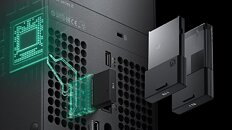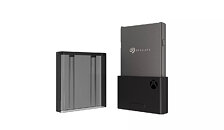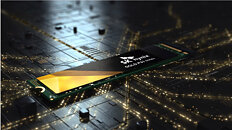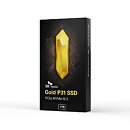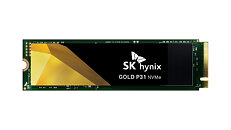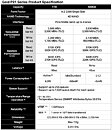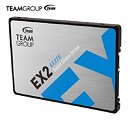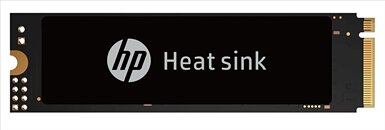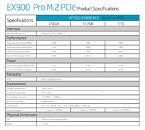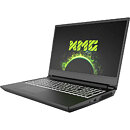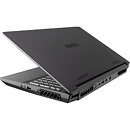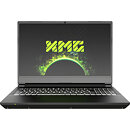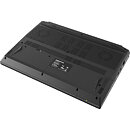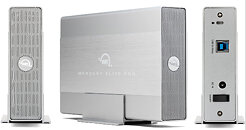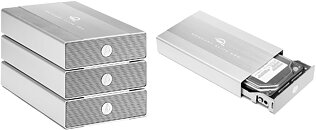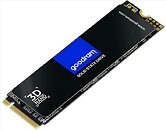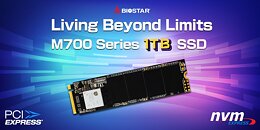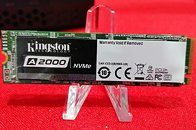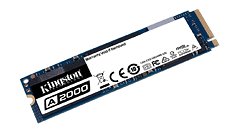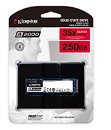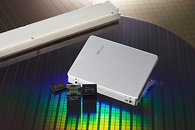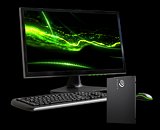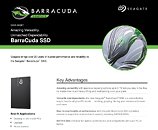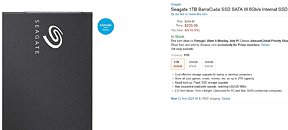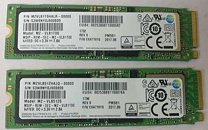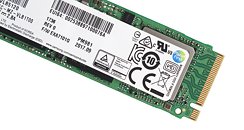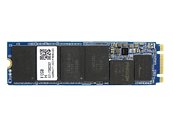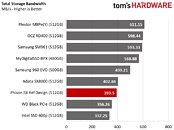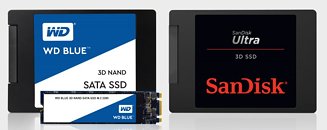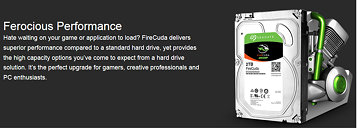
Xbox Series X/S 1 TB NVMe Expansion Module Will Cost £159
The Xbox Series X & S consoles are now available to pre-order and come with 1 TB and 512 GB custom NVMe storage drives respectively. The two consoles both feature a custom port for an Xbox Storage card which features the same custom NVMe technology used in the internal drives. The consoles can still be expanded via an external USB storage device but will be limited by the bandwidth of USB 3.2.
The Xbox Series S will only support digital games and with the rise of Xbox Game Pass and ever-increasing game sizes the internal drive will quickly be exhausted. The price for a 1 TB expansion module will be £159 (~ 200 USD) which is fair considering the speeds offered by the drive and the mandatory Microsoft tax. The expansion modules do represent a considerate cost in comparison to the consoles with the 1 TB expansion module costing over 60% of the MSRP for an Xbox Series S.
The Xbox Series S will only support digital games and with the rise of Xbox Game Pass and ever-increasing game sizes the internal drive will quickly be exhausted. The price for a 1 TB expansion module will be £159 (~ 200 USD) which is fair considering the speeds offered by the drive and the mandatory Microsoft tax. The expansion modules do represent a considerate cost in comparison to the consoles with the 1 TB expansion module costing over 60% of the MSRP for an Xbox Series S.
